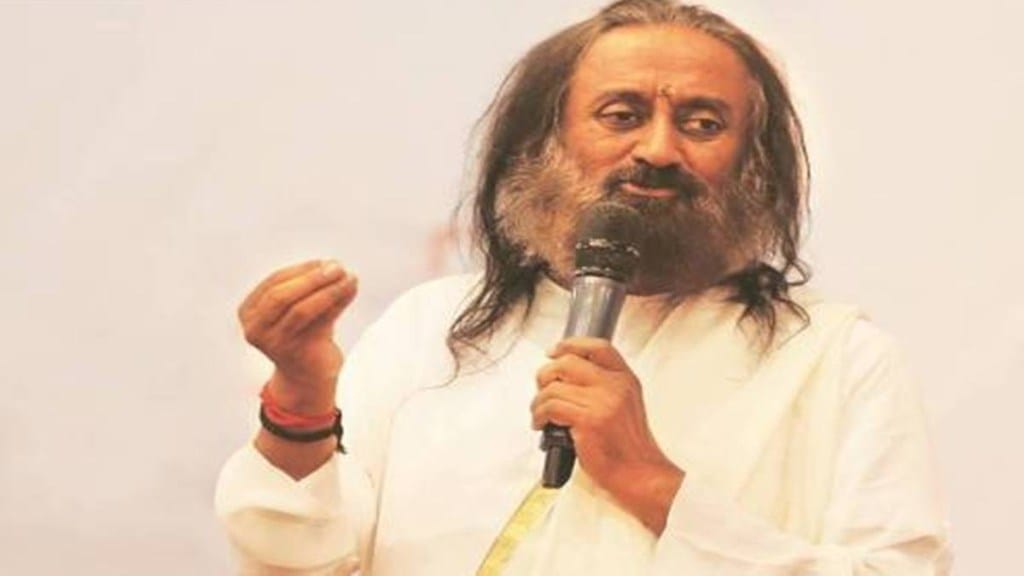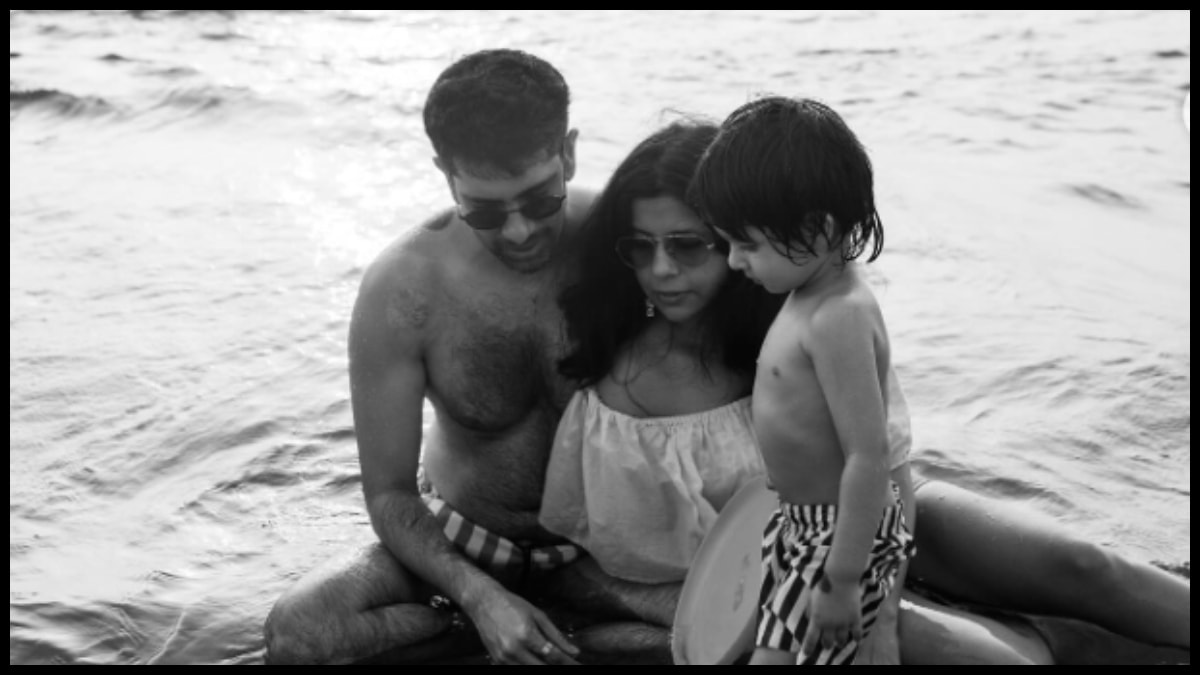Spiritual leader Gurudev Sri Sri Ravi Shankar has weighed in on the ongoing debate surrounding Larsen & Toubro (L&T) chairman SN Subrahmanyan’s suggestion of a 90-hour workweek. His remarks have sparked widespread discussion, particularly in the context of modern work culture, stress, and anxiety.
Responding to the controversial proposal, Shankar emphasized that the focus should not be on the number of hours worked but rather on the quality of work and maintaining inner peace. “It’s not how long you work but how you work that matters,” he stated. He stressed the importance of a balanced approach, suggesting that work done with enthusiasm and proper time management yields better results without compromising mental health. He also advised incorporating meditation for 20 minutes before starting work to enhance productivity and well-being.
Shankar’s views align with the broader philosophy of mindfulness and stress management, addressing growing concerns about burnout and anxiety in high-pressure work environments.
The debate over long working hours gained traction after SN Subrahmanyan’s suggestion that a 90-hour workweek could enhance productivity—a statement that faced strong criticism. Industrialist Anand Mahindra countered the idea, emphasizing that work should not come at the cost of personal well-being and health.
Other business leaders have also shared their perspectives. Radhika Gupta, CEO of Edelweiss Mutual Fund, pointed out that excessive working hours can lead to stress, health issues, and ultimately lower productivity. Similarly, Harsh Goenka, Chairman of RPG Group, stated that a 90-hour workweek would turn life into a continuous office shift, underscoring the need for work-life balance.
This ongoing discussion highlights the growing tension between productivity demands and mental health advocacy in today’s fast-paced corporate world.








